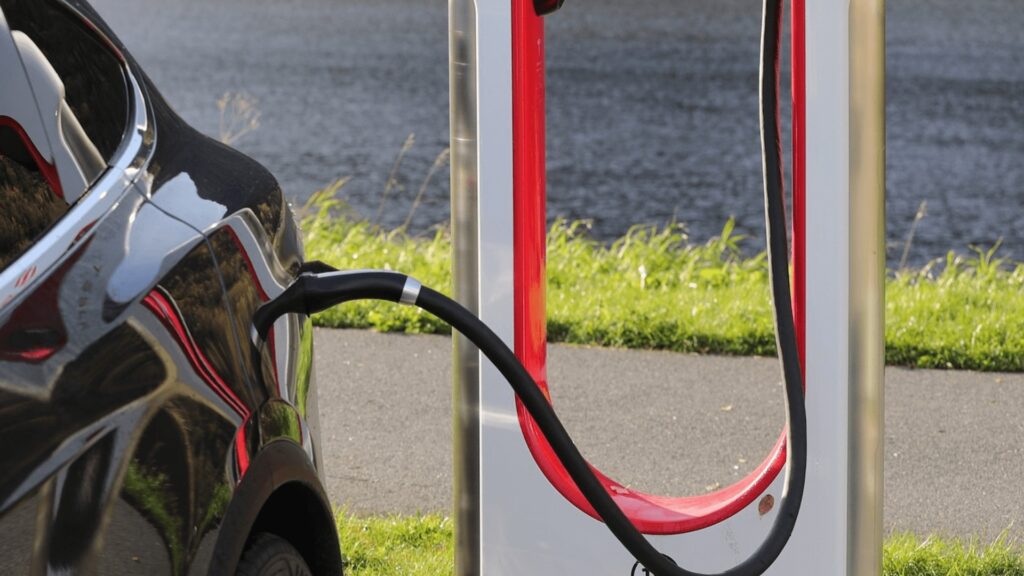A report from the Department for Transport estimates that the global market for low and zero emissions vehicles could reach between £1 and 2 trillion per year by 2030.
That’s just 12 years away – if it sounds far off, remember that twelve years ago was only 2006. Daniel Craig was making his debut as James Bond in Casino Royale, Shakira’s ‘Hips Don’t Lie’ was at number one in the charts, and Pluto was demoted from planetary status. Doesn’t feel all that long ago, does it?
Already, the number of zero-emissions vehicles in the UK is growing at a rapid rate, from only 3,500 newly registered cars in 2013 to over 63,000 in 2017 alone – and that number only looks to keep on rising. It’s not just consumer vehicles taking the move to low and zero emissions solutions. Businesses with their own fleets are taking the leap too, with more charging points being installed across the country and incentives and funding available for UK businesses.
It looks like low and zero-emissions vehicles are here to stay then – and that can only be good news for UK businesses, and the economy as a whole.
‘Road to Zero’, a strategy plan recently published by the Department for Transport, outlines ambitions to place the UK front and centre in the race to design and manufacture zero-emissions vehicles. With much of the plan hinging on grants and funding for low and zero emissions projects, now is a good time to look at the 2018 impact review into low and zero emissions vehicles published last month by Innovate UK and UK Research and Innovation:
Key impacts of low and zero emissions vehicles in the UK in 2018
Investment in funding opportunities to support low and zero emission vehicle technology projects has been in place since 2007 – almost 12 years. Innovate UK, with the Department for Business, Energy and Industrial Strategy and Office for Low Emission Vehicles, have invested in:
- 468 unique organisations
- 303 projects supported
- 1,157 project partners
- £568 million Industry and Innovate UK support
- £321 million Grant funding to industry
Overall, the report looked at 119 projects completed between July 2014 and December 2017, which represents £99.5 million of grant funding, split between 300 industry participants.
The report was based on survey responses from a total of 93 project participants, 31% of all those funded, and looks at the impact of low and zero emission vehicles projects, on four main categories:
-
Economic Gains
The businesses surveyed were asked about the sales and profits they could expect over a 15-year horizon, as a direct outcome of their low and zero emission vehicles projects. Overall, it was projected that for every £1 invested in low and zero emissions projects, businesses could expect to see an RoI of up to £8.40 in the short-medium term (5–10yrs) and a long-term (10–15yrs) RoI of up to £22.60.
-
Social Benefit
It is also expected that investment in the low and zero emissions vehicles sector could lead to the creation of 6,000+ jobs in the next 10 years, and up to 11,000 jobs in the next 15 years.
-
Additionality
Additionality looks at how far new developments add to and strengthen existing ones. Most of the innovations from participating organisations occurred as a direct result of the funding, in fact 73% of respondents indicated that their project would not have gone ahead without it, and a further 20% said the project would still have happened but at a much smaller scale. It looks like funding and investments in electric vehicle technology can only build on what’s already gone before.
-
Wider Benefits
Additionally, private sector investment and capital expenditure have grown as a result of funding. 68% of respondents reported that further research and development work was undertaken after the conclusion of their funded projects, with 60% agreeing that the funded project had a positive impact on their ability to attract future private finance – indeed, 12 projects with a combined £6.8 million in grants, have already secured a total of £33.7 million in private investment.
The key finding of the report is around the importance of R&D:
“research and development will play a critical role in driving forward these advanced technologies and strengthen supply chains – helping the UK to maintain its position as a global leader”
This means moving towards ‘green fleets’ of low and zero emissions vehicles will become a reality for more and more businesses as the technology and infrastructure become more accessible.
For businesses looking at switching to low and zero emissions vehicles, there will inevitably be some challenges that require support – just like implementing any other change in a business. Concerns might include things like:
- The initial cost of moving to a green fleet (which can be offset by grants and funding)
- Running out of change on the road (which can be mitigated against with an electric-vehicle-ready logistics planning system)
- The potential for reduced payload capacity, due to the increased weight of alternative-fuel vehicles (which has now been offset with a proposed plan to allow increased payload capacities for vehicles powered by a low emission technology)
If you have concerns about the logistics of making deliveries and collections in low and zero emissions vehicles, request a demo today.








